How a Veterinary Hospital Supports Senior Pet Care
As our beloved pets age, their health needs evolve in ways that require specialized care and consistent monitoring. Just like humans, senior pets face age-related challenges such as joint pain, dental disease, and declining organ function. The good news is that veterinary hospitals play a crucial role in ensuring these pets live happy, comfortable lives well into their golden years. According to Grandview Research, the U.S. veterinary hospital market generated a revenue of over $12 million in the year 2024 alone, a testament to the growing demand for professional, compassionate pet healthcare. With expert veterinarians, advanced diagnostics, and preventive wellness programs, a veterinary hospital is essential for managing the health and happiness of senior pets. Keep reading to learn more about the services they offer.
Understanding the Needs of Senior Pets
Whether dogs, cats, or other animals, senior pets experience physical and behavioral changes that can be subtle but significant. These changes might include slower movement, difficulty climbing stairs, increased sleeping, or changes in appetite. Many of these signs can be linked to underlying conditions such as arthritis, diabetes, or kidney disease. A veterinary hospital is uniquely equipped to identify and address these issues early. Through routine examinations and specialized screenings, veterinarians can detect potential health problems before they become severe, allowing pet owners to take proactive steps to protect their companion's well-being.
Scheduling Health Assessments and Monitoring
One of the most important ways a veterinary hospital supports senior pet care is through comprehensive health assessments. These assessments typically include physical exams, blood work, urinalysis, and imaging studies such as X-rays or ultrasounds. The goal is to evaluate a pet's overall health and detect early signs of disease. Many conditions, such as thyroid imbalances, heart disease, or liver dysfunction, develop gradually and may not be visible externally until they are advanced. Veterinary hospitals use modern diagnostic tools to catch these changes early, which can significantly improve the outcome of treatment.
Monitoring a senior pet's health goes beyond a single appointment. Veterinary hospitals maintain detailed medical records that track trends over time, such as changes in weight, blood pressure, or organ function. These records allow veterinarians to tailor care plans to each pet's individual needs. For instance, if a dog's blood test results indicate a slight decline in kidney function, the veterinarian can recommend dietary changes or medication before the issue worsens. This proactive approach is one of the greatest advantages of regular visits to a veterinary hospital for senior pets.
Providing Specialized Geriatric Care Services
Veterinary hospitals often offer specialized geriatric care programs designed specifically for older animals. These programs may include pain management for arthritis, nutritional counseling for weight and digestive issues, and dental care to prevent oral infections. Dental disease is especially common in senior pets and can lead to serious systemic health problems if left untreated. Veterinary hospitals use professional cleaning techniques, advanced anesthesia monitoring, and safe pain control methods to ensure senior pets receive the dental care they need without unnecessary stress.
Giving Nutritional Guidance and Weight Management
Nutrition plays a major role in senior pet health, and veterinary hospitals offer expert guidance on dietary adjustments that support aging bodies. As pets get older, their metabolism slows, and they may require fewer calories but more specific nutrients. Veterinarians can recommend prescription diets that promote healthy joints, kidney function, and heart health. For example, older dogs prone to arthritis benefit from diets rich in omega-3 fatty acids, while senior cats may need higher moisture intake to support urinary tract health.
Weight management is another key aspect of senior pet care. Obesity can worsen conditions like arthritis and diabetes, while being underweight can indicate an underlying illness. Veterinary hospitals use body condition scoring and regular weigh-ins to track changes and ensure pets remain at a healthy weight. With professional nutritional advice and routine monitoring, senior pets are less likely to suffer from diet-related health problems, allowing them to maintain vitality and comfort in their later years.
Managing Chronic Conditions and Medication
As pets age, managing chronic conditions becomes an ongoing part of their care. Veterinary hospitals are equipped to handle long-term treatment plans for conditions like diabetes, kidney disease, heart disease, and cancer. This involves not only diagnosing these illnesses but also monitoring how pets respond to medication and adjusting dosages as needed. Veterinarians can also help owners learn how to safely administer medication at home and recognize early warning signs of complications.
Providing Comfort, Compassion, and Quality of Life
One of the most meaningful roles a veterinary hospital plays in senior pet care is enhancing quality of life. This includes managing pain, ensuring comfort, and supporting the emotional well-being of both pets and their owners. Veterinarians understand that senior pets may experience anxiety, confusion, or fear as their senses and mobility decline. Through gentle handling, stress-free environments, and individualized care plans, veterinary hospitals create a supportive atmosphere that prioritizes comfort and compassion.
End-of-life care is another deeply important aspect of a veterinary hospital's role. When the time comes, veterinarians provide guidance and support to help pet owners make humane and loving decisions. Hospice care, palliative treatments, and at-home comfort options allow pets to spend their final days peacefully and pain-free. This compassionate approach ensures that senior pets receive the dignity and respect they deserve, while their families receive the emotional support they need during a difficult time.
Building a Lifelong Partnership with Your Veterinary Hospital
The relationship between pet owners and their veterinary hospital is a partnership built on trust, communication, and shared dedication to a pet's well-being. By maintaining regular appointments and open dialogue with veterinary professionals, owners can stay informed about the best practices for senior pet care. This partnership allows veterinarians to provide tailored recommendations based on each pet's unique lifestyle, medical history, and personality.
Beyond medical treatment, many veterinary hospitals also offer educational resources to help owners understand the aging process and recognize early signs of health changes. Whether it's through newsletters, workshops, or one-on-one consultations, these efforts empower pet owners to be active participants in their pet's health journey. The guidance and expertise of a veterinary hospital make it possible for aging pets to receive not only medical care but also emotional and environmental support that keeps them thriving.
As the demand for high-quality pet healthcare continues to rise, veterinary hospitals are becoming more advanced and compassionate than ever before. By combining cutting-edge technology, preventive care, and a deep understanding of animal behavior, veterinary hospitals provide senior pets with the tools to live longer, healthier, and happier lives. The role of a veterinary hospital goes far beyond treating illness. It's about fostering lifelong well-being, nurturing the bond between pets and their owners, and ensuring that every stage of a pet's life is filled with comfort and care.
For those who cherish their aging companions, partnering with a trusted veterinary hospital is the best way to ensure their golden years are truly golden. If you're searching for local veterinary hospitals to care for your senior pet, look no further than our team at West Toledo Animal Hospital. We provide the care needed to keep your furry friend comfortable and cared for throughout their golden years. Contact our team today to learn more about our services or to schedule an appointment for your pet. We look forward to hearing from you!
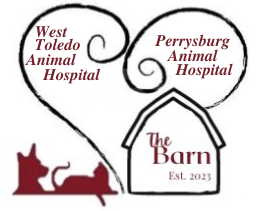
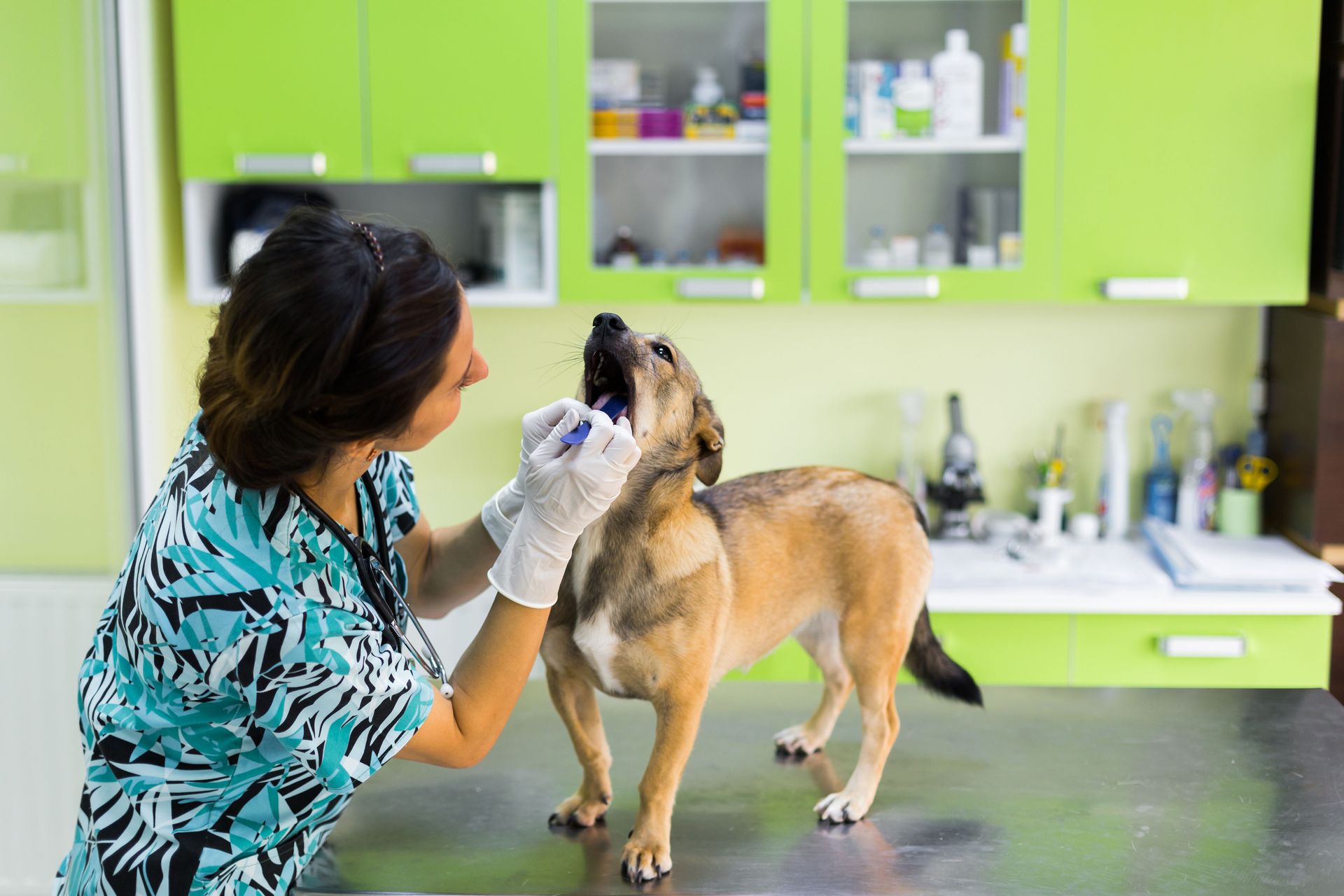

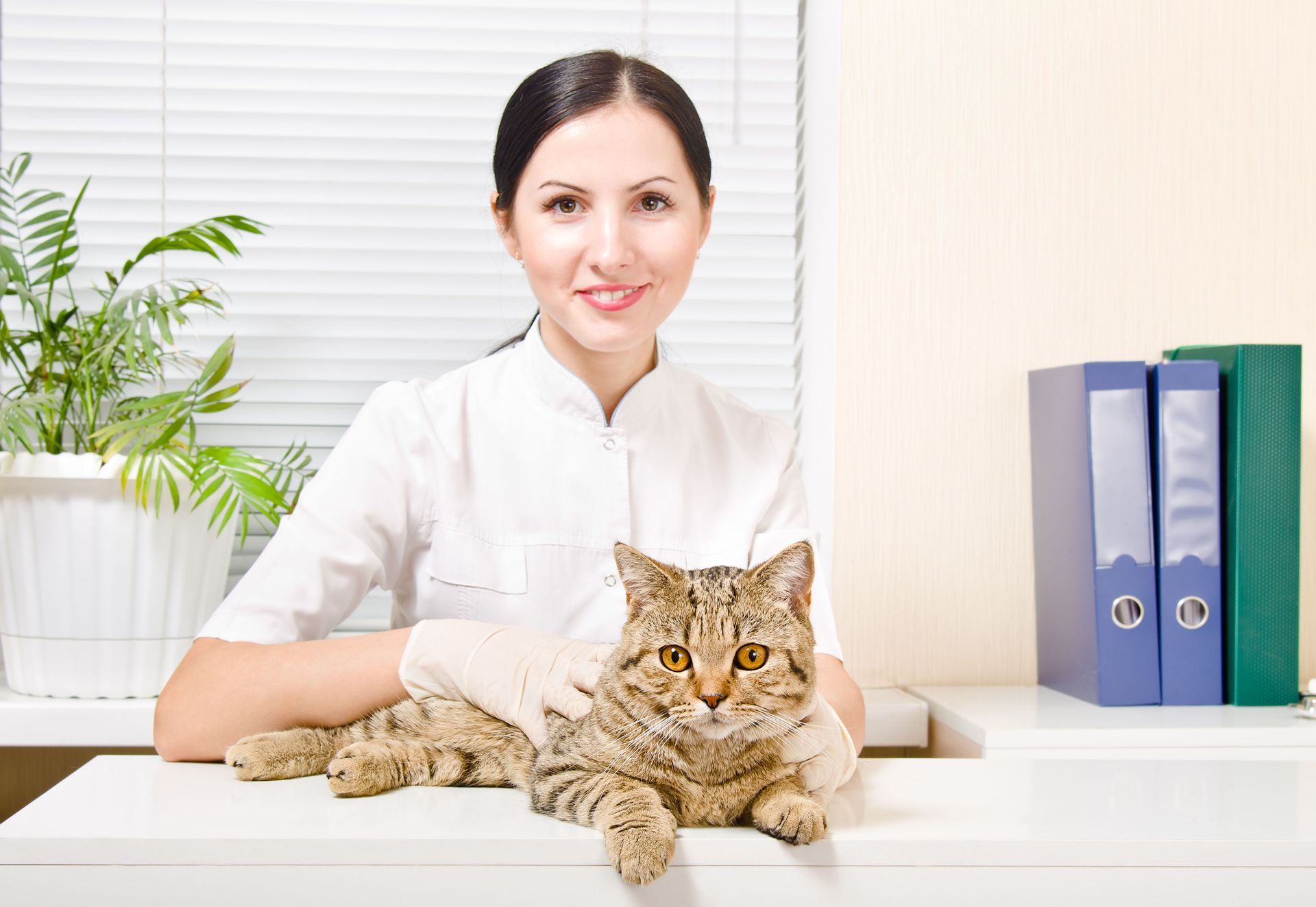
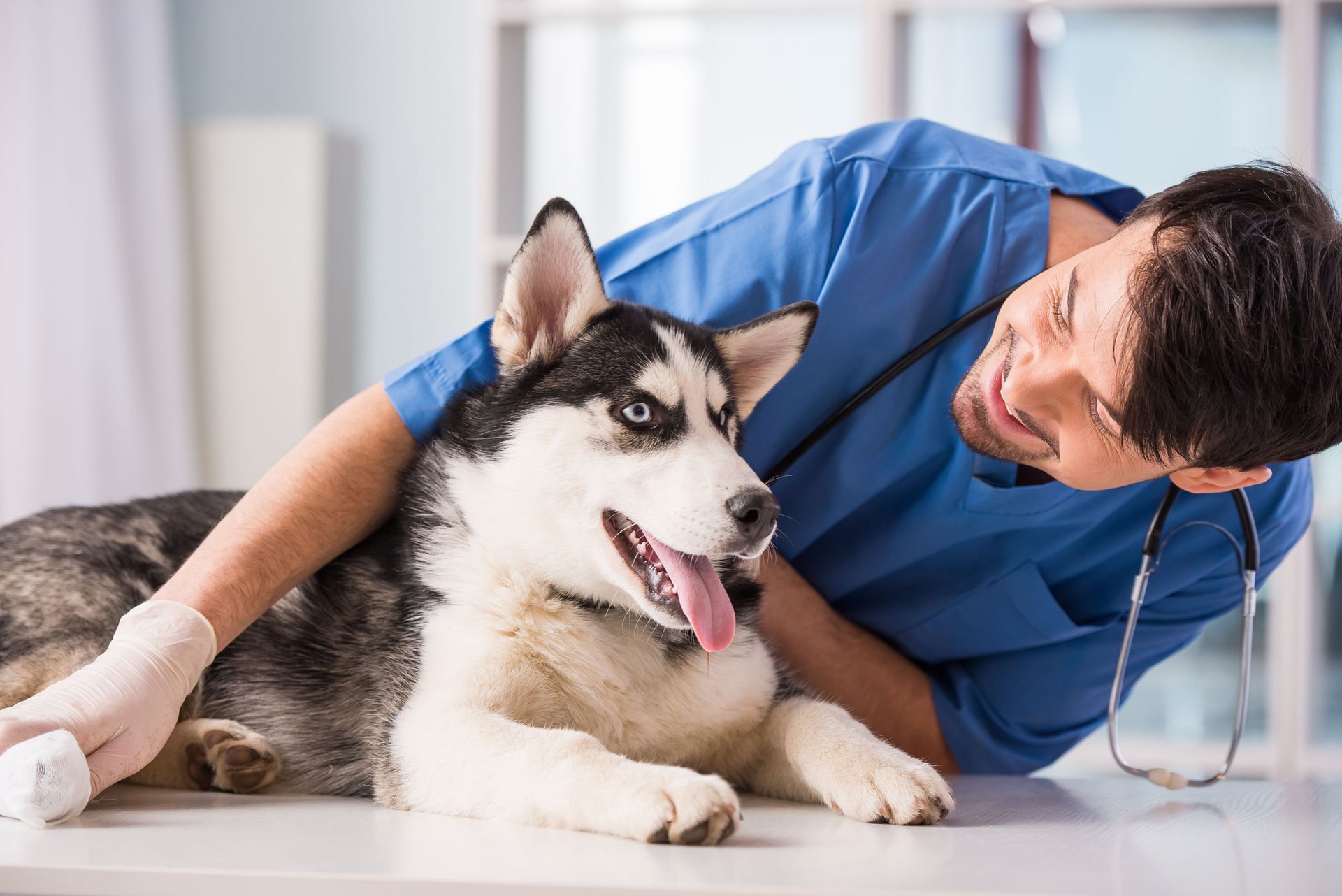


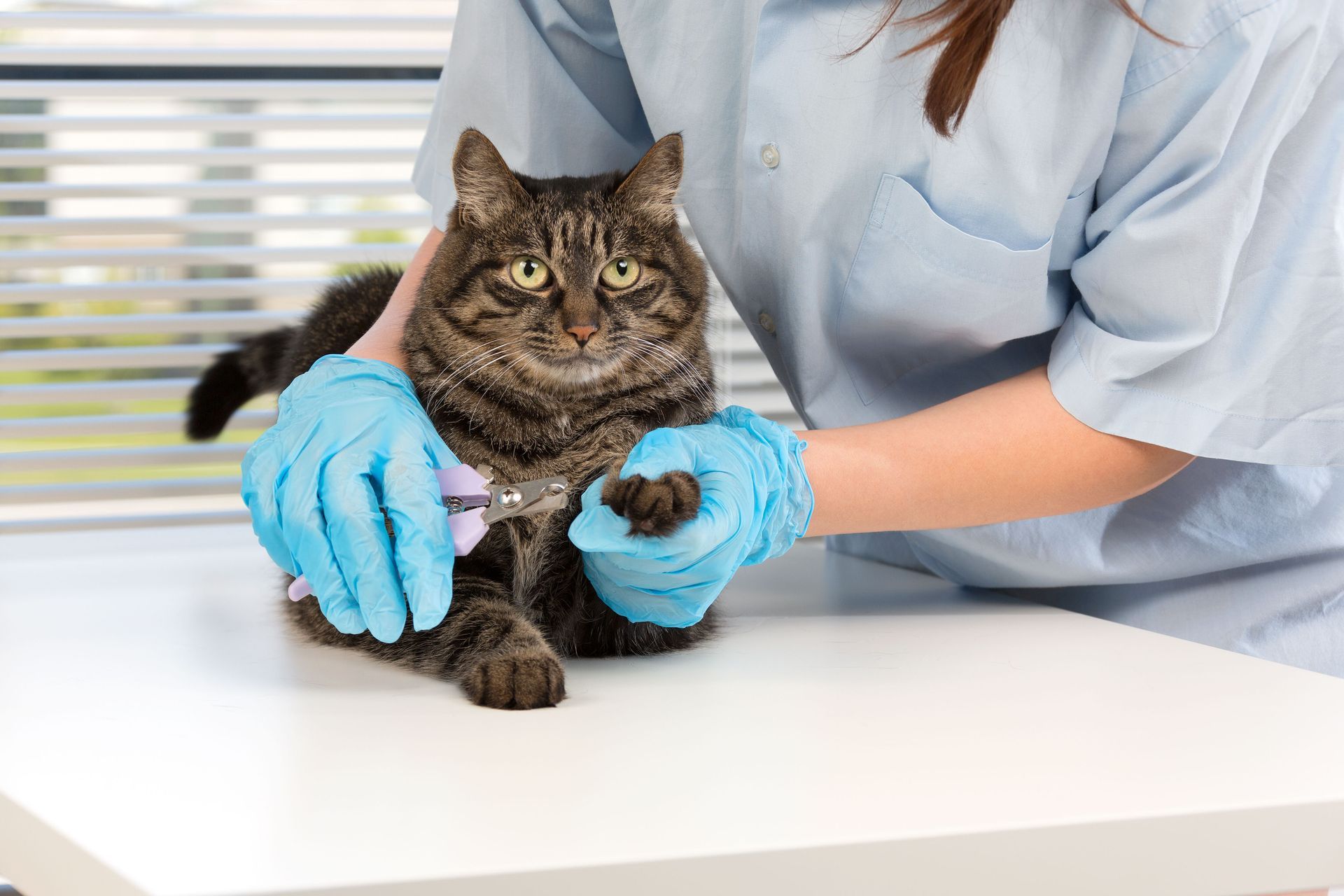
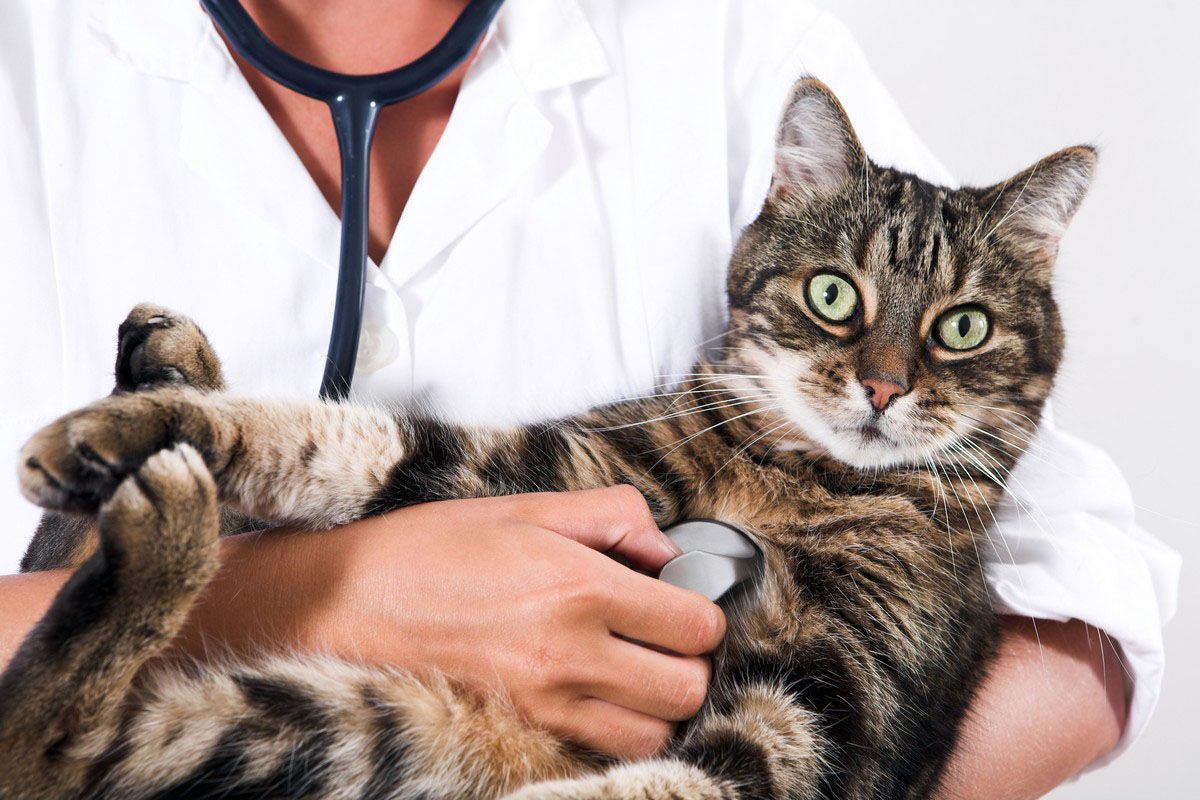
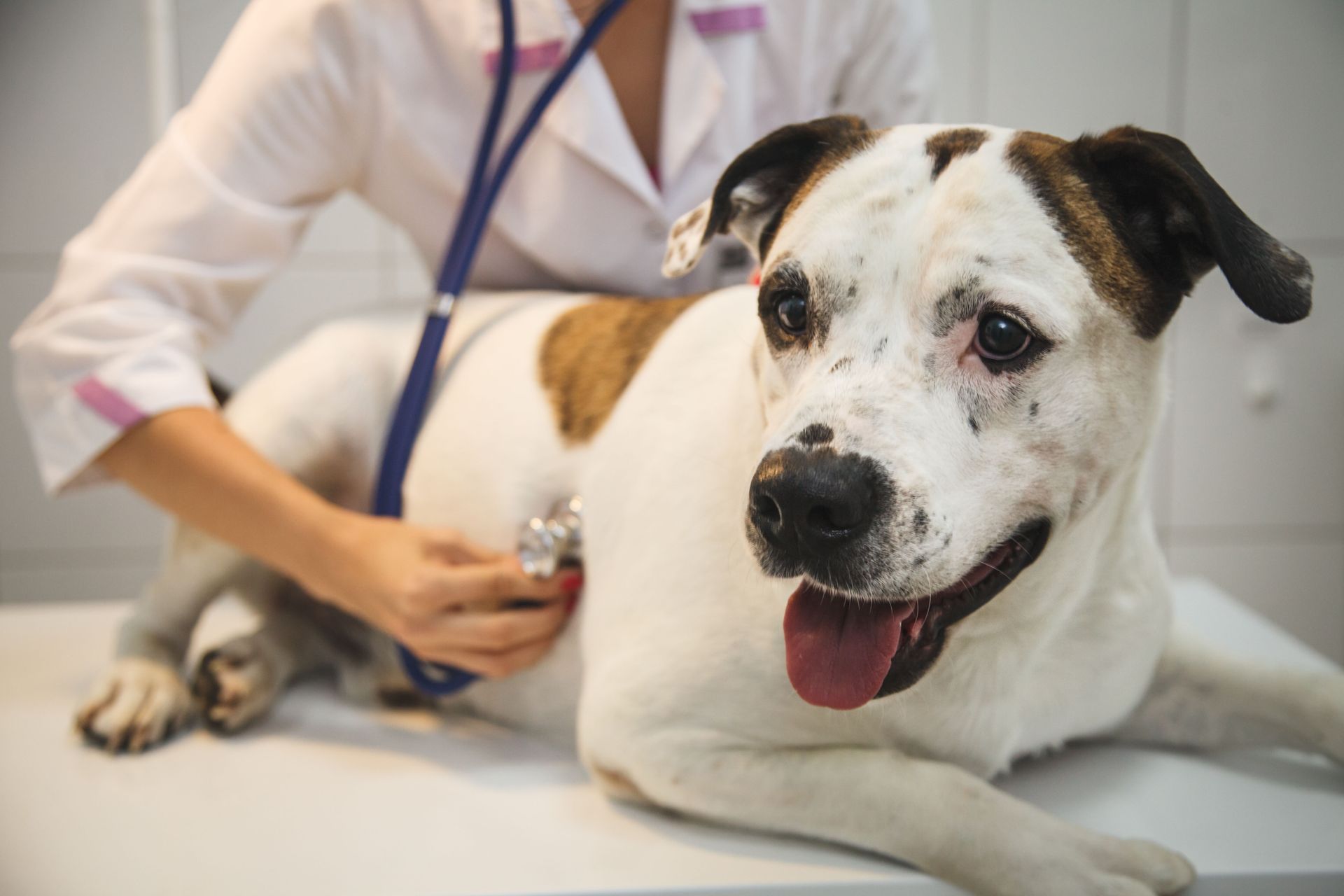



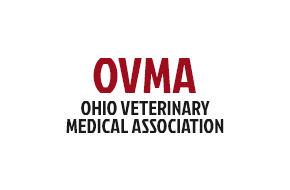
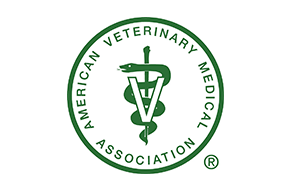


Share On: